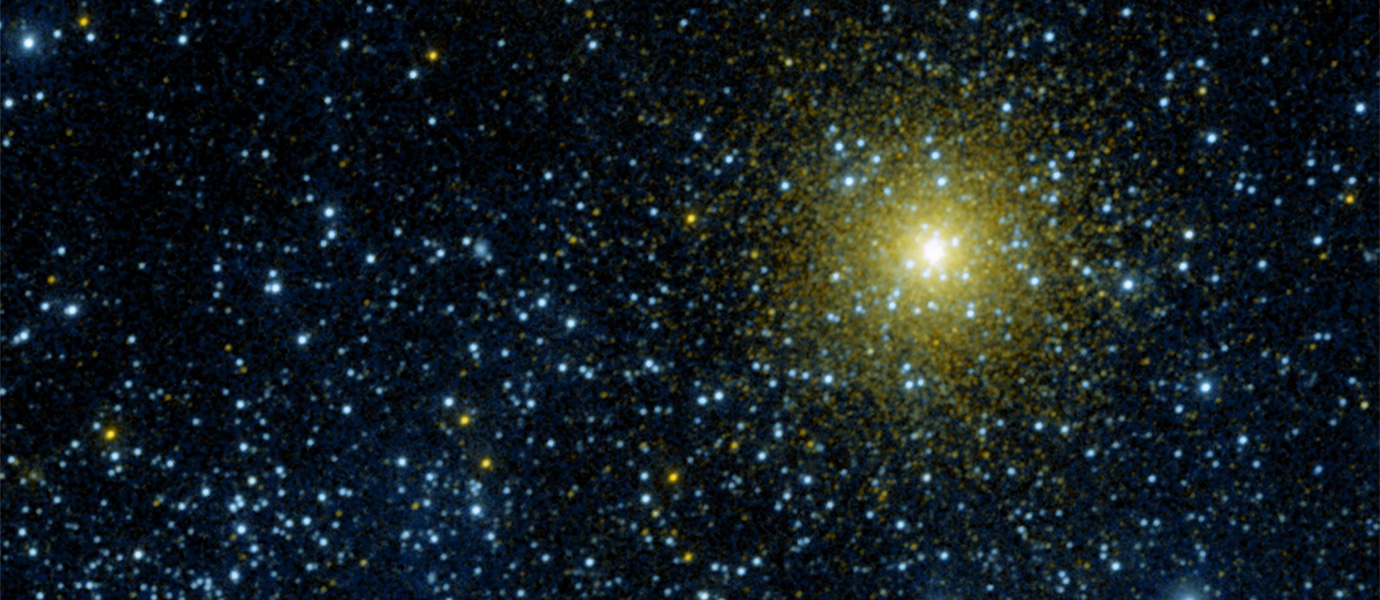ABOUT
ECSU Kahn Planetarium
Go beyond the galaxy on field trips to the Kahn Planetarium at Elizabeth City State University in Pasquotank County. Also known as ECSU Kahn Planetarium, the 30-foot dome provides educational experiences for students, scouts, homeschoolers, and campers of all grade levels. Located in the university’s Jimmy R. Jenkins Science Center, the planetarium features with a SPITZ 512 Star Projector, disc players, two laser light systems, and more. Groups will enjoy star shows, laser shows, and even special presentations during Women’s History Month and Valentine’s Day. Kahn Planetarium offers a variety of educational science and history programs free of charge.
contact info
Hrs: Weekdays, by appointment.
HELPFUL LESSON PLAN(S)
Prepared by FieldTripDirectory.com
Planetarium Lesson Plan
FUN FACTS
Earth has more exposed water than land. Three quarters of the Earth is covered by water! The earth has one moon.
Venus is the brightest planet in our sky and can sometimes be seen with the naked eye if you know where to look. It is the solar system’s brightest planet — yellow clouds of sulfuric acid reflect the sun’s light.
Jupiter is so big that you could fit all the other planets in the solar system inside it.
Pluto is no longer considered a planet — instead, astronomers call it a dwarf planet or planetoid.
View Lesson Plan>>ABOUT
ECSU Kahn Planetarium
Go beyond the galaxy on field trips to the Kahn Planetarium at Elizabeth City State University in Pasquotank County. Also known as ECSU Kahn Planetarium, the 30-foot dome provides educational experiences for students, scouts, homeschoolers, and campers of all grade levels. Located in the university’s Jimmy R. Jenkins Science Center, the planetarium features with a SPITZ 512 Star Projector, disc players, two laser light systems, and more. Groups will enjoy star shows, laser shows, and even special presentations during Women’s History Month and Valentine’s Day. Kahn Planetarium offers a variety of educational science and history programs free of charge.
contact info
Hrs: Weekdays, by appointment.
HELPFUL LESSON PLAN(S)
Prepared by FieldTripDirectory.com
Planetarium Lesson Plan
FUN FACTS
Earth has more exposed water than land. Three quarters of the Earth is covered by water! The earth has one moon.
Venus is the brightest planet in our sky and can sometimes be seen with the naked eye if you know where to look. It is the solar system’s brightest planet — yellow clouds of sulfuric acid reflect the sun’s light.
Jupiter is so big that you could fit all the other planets in the solar system inside it.
Pluto is no longer considered a planet — instead, astronomers call it a dwarf planet or planetoid.
View Lesson Plan>>ABOUT
ECSU Kahn Planetarium
Go beyond the galaxy on field trips to the Kahn Planetarium at Elizabeth City State University in Pasquotank County. Also known as ECSU Kahn Planetarium, the 30-foot dome provides educational experiences for students, scouts, homeschoolers, and campers of all grade levels. Located in the university’s Jimmy R. Jenkins Science Center, the planetarium features with a SPITZ 512 Star Projector, disc players, two laser light systems, and more. Groups will enjoy star shows, laser shows, and even special presentations during Women’s History Month and Valentine’s Day. Kahn Planetarium offers a variety of educational science and history programs free of charge.
contact info
Hrs: Weekdays, by appointment.
HELPFUL LESSON PLAN(S)
Prepared by FieldTripDirectory.com
Planetarium Lesson Plan
FUN FACTS
Earth has more exposed water than land. Three quarters of the Earth is covered by water! The earth has one moon.
Venus is the brightest planet in our sky and can sometimes be seen with the naked eye if you know where to look. It is the solar system’s brightest planet — yellow clouds of sulfuric acid reflect the sun’s light.
Jupiter is so big that you could fit all the other planets in the solar system inside it.
Pluto is no longer considered a planet — instead, astronomers call it a dwarf planet or planetoid.
View Lesson Plan>>ABOUT
ECSU Kahn Planetarium
Go beyond the galaxy on field trips to the Kahn Planetarium at Elizabeth City State University in Pasquotank County. Also known as ECSU Kahn Planetarium, the 30-foot dome provides educational experiences for students, scouts, homeschoolers, and campers of all grade levels. Located in the university’s Jimmy R. Jenkins Science Center, the planetarium features with a SPITZ 512 Star Projector, disc players, two laser light systems, and more. Groups will enjoy star shows, laser shows, and even special presentations during Women’s History Month and Valentine’s Day. Kahn Planetarium offers a variety of educational science and history programs free of charge.
contact info
Hrs: Weekdays, by appointment.
HELPFUL LESSON PLAN(S)
Prepared by FieldTripDirectory.com
Planetarium Lesson Plan
FUN FACTS
Earth has more exposed water than land. Three quarters of the Earth is covered by water! The earth has one moon.
Venus is the brightest planet in our sky and can sometimes be seen with the naked eye if you know where to look. It is the solar system’s brightest planet — yellow clouds of sulfuric acid reflect the sun’s light.
Jupiter is so big that you could fit all the other planets in the solar system inside it.
Pluto is no longer considered a planet — instead, astronomers call it a dwarf planet or planetoid.
View Lesson Plan>>
